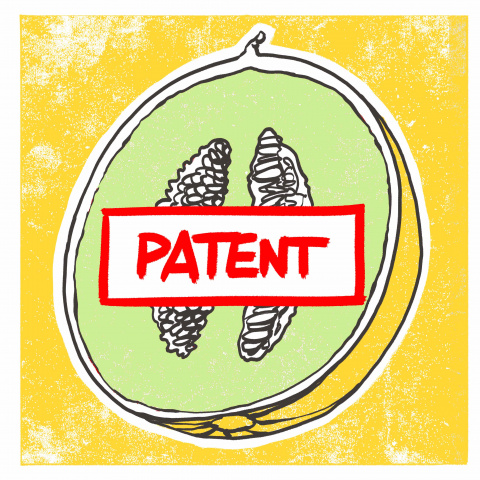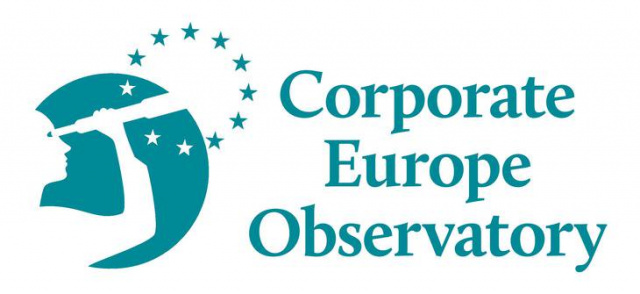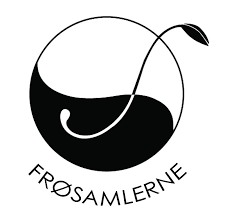 In May 2011, the US company Monsanto (Bayer) was granted a European patent on conventionally bred melons (EP1962578). These melons which originally come from India, have a natural resistance to certain plant viruses. Using conventional breeding methods, this type of resistance was introduced to other melons and is now patented as a Monsanto “invention”. The actual plant disease, cucurbit yellow stunting disorder virus (CYSDV), has been spreading through North America, Europe and North Africa for several years. The Indian melon, which confers resistance to this virus, is registered in international seed banks as PI 313970. Monsanto can use this patent to block access to all breeding material inheriting the resistance derived from the Indian melon. The patent might discourage future breeding efforts and the development of new melon varieties. It is already known that further breeding will be necessary to produce melons that are actually protected against the plant virus. The patent was opposed by several organisations in 2012 with the support of NO PATENTS ON SEEDS!. In the first instance, the patent was revoked by the EPO in 2016 due to technical reasons. Since then an appeal has been filed by Monsanto (Bayer) against the decision. In March 2021, the EPO confirmed the revocation of the patent (T1045/16).
In May 2011, the US company Monsanto (Bayer) was granted a European patent on conventionally bred melons (EP1962578). These melons which originally come from India, have a natural resistance to certain plant viruses. Using conventional breeding methods, this type of resistance was introduced to other melons and is now patented as a Monsanto “invention”. The actual plant disease, cucurbit yellow stunting disorder virus (CYSDV), has been spreading through North America, Europe and North Africa for several years. The Indian melon, which confers resistance to this virus, is registered in international seed banks as PI 313970. Monsanto can use this patent to block access to all breeding material inheriting the resistance derived from the Indian melon. The patent might discourage future breeding efforts and the development of new melon varieties. It is already known that further breeding will be necessary to produce melons that are actually protected against the plant virus. The patent was opposed by several organisations in 2012 with the support of NO PATENTS ON SEEDS!. In the first instance, the patent was revoked by the EPO in 2016 due to technical reasons. Since then an appeal has been filed by Monsanto (Bayer) against the decision. In March 2021, the EPO confirmed the revocation of the patent (T1045/16).
Press release "European Patent Office finally revokes Monsanto patent on melons" (19 March 2021)
The decision T1045/16 of the EPO from 2021.
Press release "Hearing on the opposition against Monsanto Patent on Indian Melon" (18 January 2016)
Press release "European Patent Office revokes Monsanto patent on melons" (20 January 2016)















